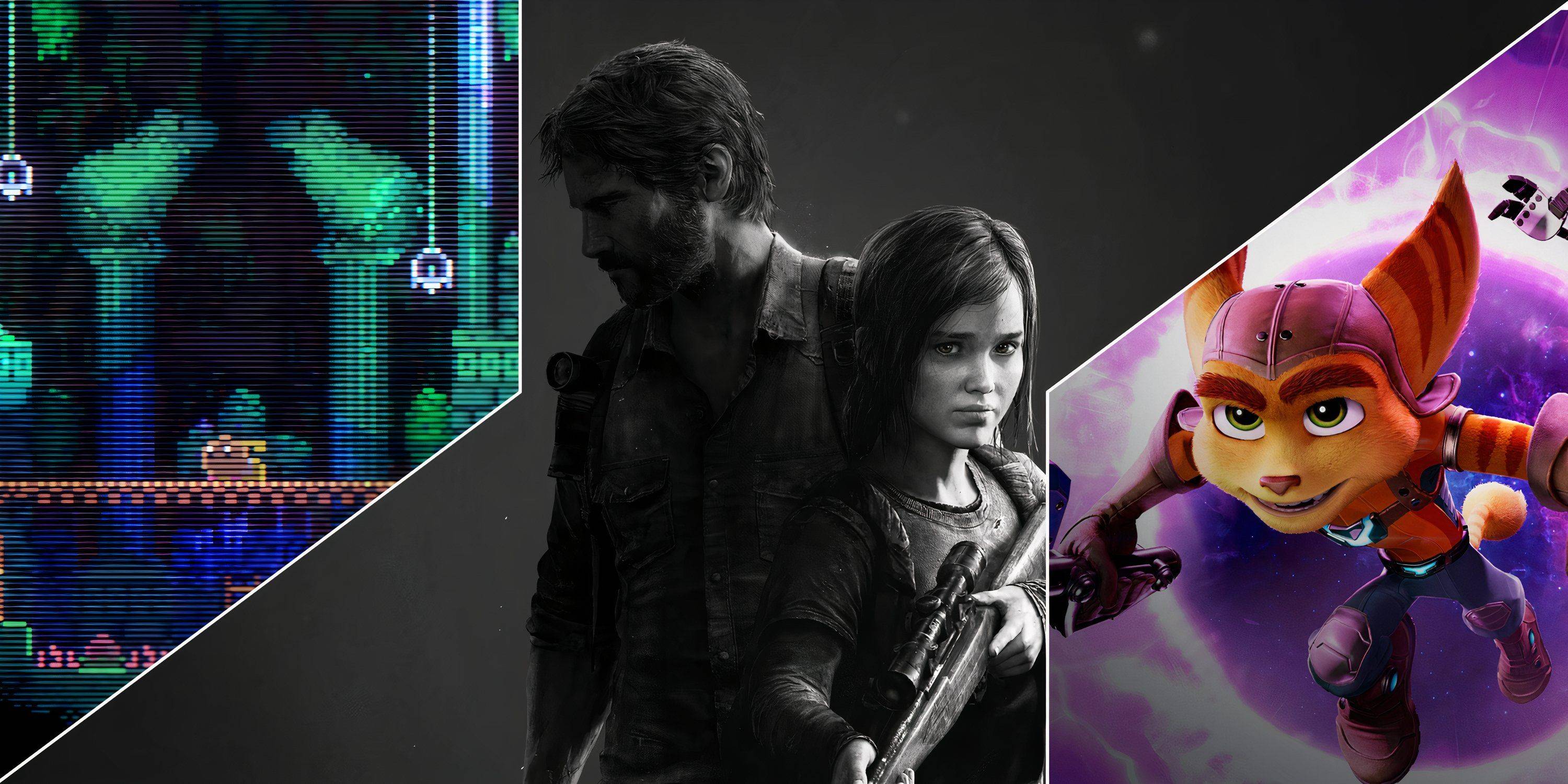The Screen Actors Guild - American Federation of Television and Radio Artists (SAG-AFTRA) has announced a tentative agreement on the interactive media contract, signaling a possible resolution to nearly a year of labor disruption in the video game industry. This development could mark the end of one of the most impactful strikes in recent gaming history.
The SAG-AFTRA video game strike officially began in July 2024 after negotiations between the union and major game studios—including Activision, Electronic Arts, Epic Games, Insomniac Games, and others—broke down over key issues surrounding AI usage in performances. An overwhelming majority of voting members, over 98%, approved strike action, leading to widespread effects across multiple titles.
Initially, the impact of the strike was subtle, but eventually became more noticeable. Players observed that games like Destiny 2 and World of Warcraft left certain NPC lines unvoiced or cut out vocal performances entirely in previously voiced scenes. The situation escalated when Riot Games reportedly attempted to bypass the strike by canceling content in League of Legends, prompting SAG-AFTRA to expand the strike against them. In another high-profile case, Activision recast voice actors for characters in Call of Duty: Black Ops 6 after players noticed unfamiliar voices in the game.
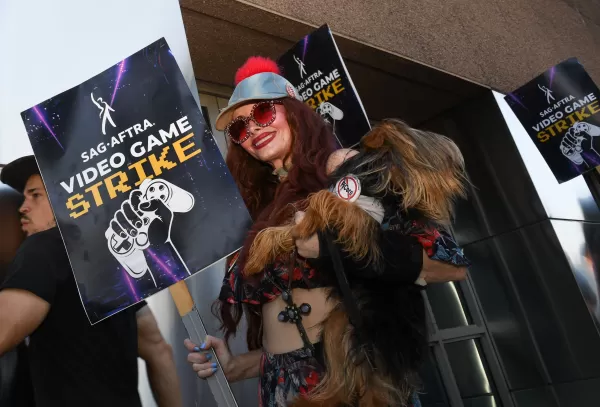 The union recently confirmed that a "tentative agreement" has been reached, pending review and approval by the national board. While formal ratification is still required, strike actions are expected to be suspended soon. Until then, however, SAG-AFTRA members will continue their strike against these employers.
The union recently confirmed that a "tentative agreement" has been reached, pending review and approval by the national board. While formal ratification is still required, strike actions are expected to be suspended soon. Until then, however, SAG-AFTRA members will continue their strike against these employers.
“Everyone at SAG-AFTRA is immensely grateful for the sacrifices made by video game performers and the dedication of the Interactive Media Agreement Negotiating Committee throughout these many months of the video game strike,” said Duncan Crabtree-Ireland, SAG-AFTRA National Executive Director and Chief Negotiator.
“Patience and persistence have resulted in a deal that puts in place the necessary AI guardrails that defend performers’ livelihoods in the AI age, alongside other important gains.”
The dispute with Epic Games took a legal turn earlier this year when SAG-AFTRA filed an unfair labor practice charge with the National Labor Relations Board (NLRB). The complaint alleged that Llama Productions—owned by Epic Games—utilized AI-generated voices to replace human-performed work in Fortnite, including the implementation of an AI-voiced Darth Vader NPC, without proper negotiation or consent from the union.
In March, renowned voice actor Ashly Burch, known for her role as Aloy in the Horizon series, publicly responded to an unauthorized AI-generated Aloy video that surfaced online. She used the moment to highlight the ongoing concerns of voice actors during the strike.
“What we’re fighting for is simple: you must get our consent before creating an AI version of us in any form, you must fairly compensate us, and you must disclose how you’re using this AI double,” Burch explained.
“I’m not worried because the technology exists, or even because companies want to use it—it’s natural they would. What worries me is a future where someone’s performance is replicated without their knowledge, compensation, or ability to object. If we lose this fight, there will be no protections for performers. That possibility deeply saddens me. I love this industry and the art of game performance. I want new generations of actors to thrive here. But if we don’t win, that future becomes uncertain.”
 Home
Home  Navigation
Navigation






 Latest Articles
Latest Articles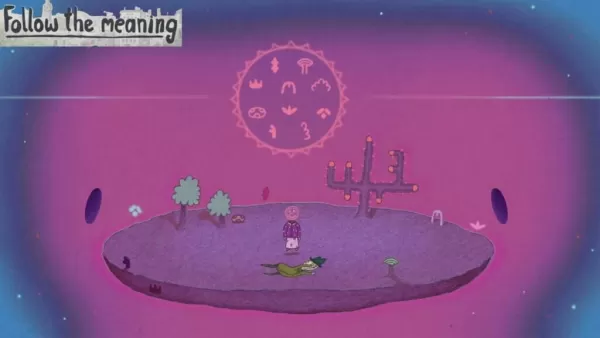
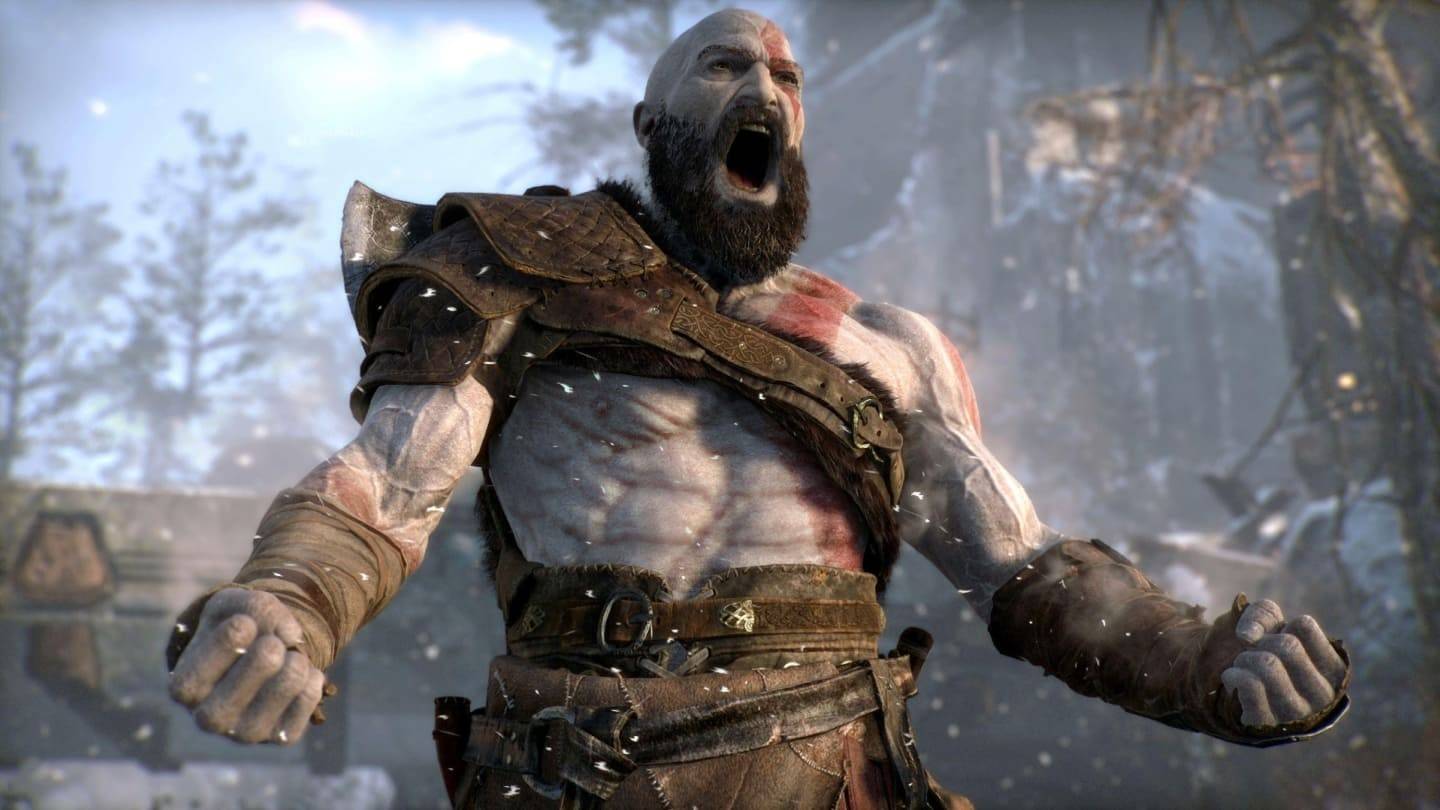
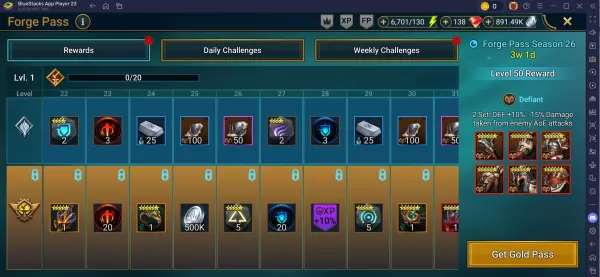








 Latest Games
Latest Games


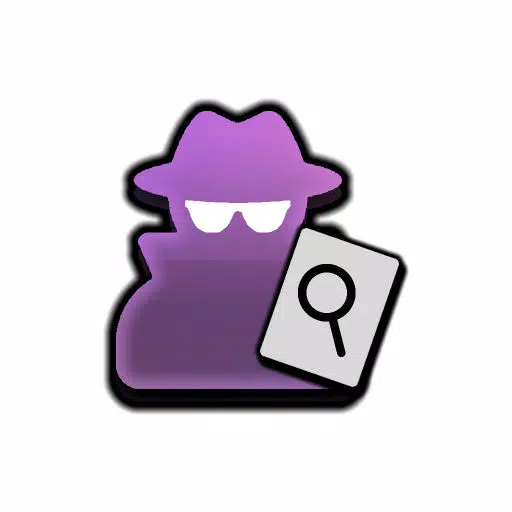

![Chubby Story [v1.4.2] (Localizations)](https://imgs.xddxz.com/uploads/85/1719638042667f981a5e9f8.jpg)

![Zia – New Version 0.4 [Studio Zia]](https://imgs.xddxz.com/uploads/47/1719569268667e8b74e6004.jpg)



